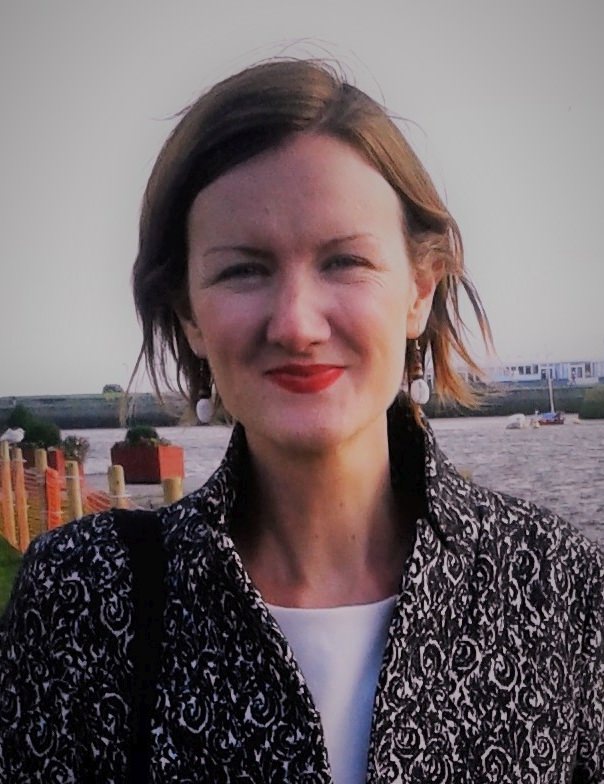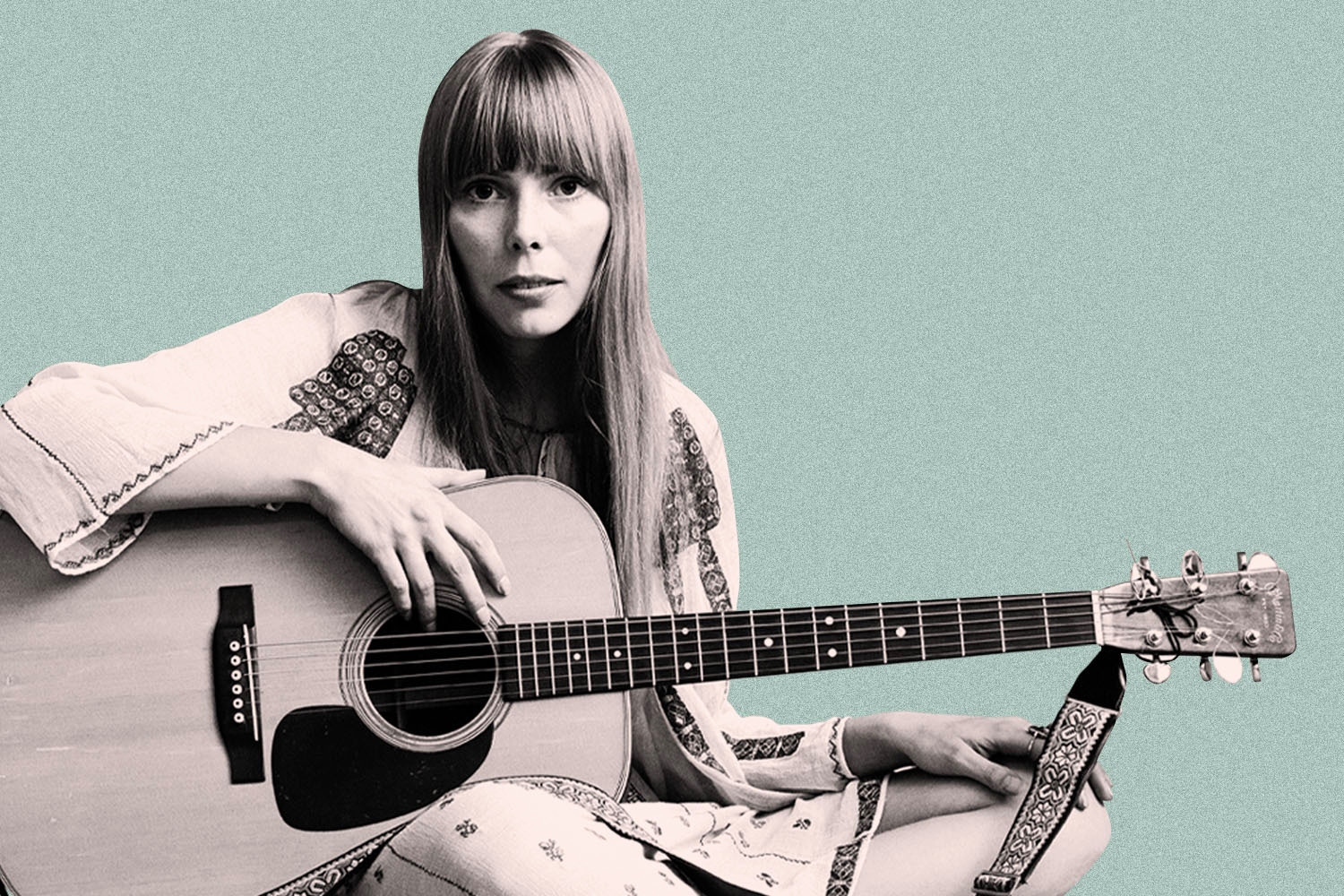On the 1 December 2020, Laura joined a panel at ECIT's Annual Conference on European Citizenship to talk about a radical future for European citizenship rights. Read her full speech here!

My name is Laura. I’m an Irish European, living in Belgium these last 20 years. I’m the director of WeMove Europe, an organisation that connects activists, and people who don’t know they’re activists yet, to the push for a better Europe. WeMove Europe is the one transnational campaigning organisation that focuses entirely on Europe, questioning the systems and culture Europe has adopted. Our campaigns are in the middle point between peoples struggles for justice on the one hand and opportunities for change on the other - on anything from a just transition to tax justice, worker’s rights to women’s rights, welcoming migrants or tackling racism. We believe in the European Union and value citizenship, but we believe that the EU is on the wrong path.
Today I would like to share 3 ideas with this forum, with the help of 3 songs:
Song 1
The first song is Glorybox by Portishead, from Bristol: ‘Give me a reason to love you, give me a reason to be a woman’, except I have changed the lyrics to ‘give me a reason to love Europe, give me a reason to be a European’.
We don’t want to just market EU citizenship to people, we need more good reasons to actually love the EU, in practice.
If citizenship is about belonging, participation and rights, let’s look at all of that vis a vis the EU of today.
To belong to something, you have to feel heard and you have to trust. There is an amazing increase in that belonging blossoming among young Europeans who care about climate in particular. They are busy campaigning not just at local and national levels, but also increasingly active on the EU level, putting pressure on the institutions, seeing connections between climate justice and things like energy mix, poverty, transport and the amount of money going to unsustainable agriculture, which right now is the bulk of the CAP budget. Something happened a few weeks ago that possibly killed a lot of that trust. Because it’s hard to trust an EU that talks proudly of its commitment to climate action only to walk all over that with a vote in the European Parliament on the CAP that makes a mockery of the Green Deal. We joined thousands of Fridays for Future activists in trying to speak to politicians about that vote - but were ultimately ignored. A new generation of Europeans is not being given reasons to trust or belong to or love the EU. At the base of the problem is an unequal power relation where corporate voices are stronger than peoples’ voices - it is breaking trust and is something that people like Commission President Ursula von der Leyen, EP President David Sassoli, Council President Charles Michel and all those member state leaders need to look long and hard at.
To participate, you need awareness and some good tools. As Alberto Alemanno’s paper shows, EC consultations as they stand face a big problem of inequality of access. Then there’s the ECI. The recent reform has just sent that form of participation in the opposite direction of citizen friendliness, making it harder to participate by re-centralising the platform to the EC system. Still almost none of the ECI’s have had an impact on actual policies, which begs the question, why bother? There are also other really good new ideas out there - like a standing, institutionalised citizens assembly based on sortition at the European level, starting with climate change. They have kicked ass in France (though Macron needs to actually give the recommendations teeth) and in Ireland and are getting going in many other countries and cities. The EU could take this up and give people some more reasons to want to participate and to love it.
On the rights, we need more, especially when it comes to the social side. Covid is having a good old laugh at border closures, uncoordinated measures and vastly different capacities to deliver the right to health across countries. It tells us we need common European welfare. There are a lot of good ideas and campaigns out there. WeMove is about to step up one on making a reality out of the Unconditional Basic Income for Europe - because people need economic breathing space, because we need to think of the future of work and because we need to get over the inhumanity of conditions on social welfare and poverty systems so painfully portrayed up in the film ‘I Daniel Blake’. No European should have to struggle, all should have opportunities to build a decent life.
Song 2
Big Yellow Taxi by Joni Mitchell, and the lyric ‘Don’t it always seem to go, that you don’t know what youve got till it’s gone’.
This is about our rights as people. We don’t know what rights we’ve got till they’re gone. So people need to be aware of them. Fight for them before they’re gone.

Change and progress are not linear. Rights roll back - as women in Poland are seeing right now on abortion, but also as French people are seeing with the wave of securitisation of their state. Not to mention people in and from the UK. But in the mainstream, it feels like we’ve said, ‘Hey, we’ve got this rights thing covered in Europe - we know our rights’. But do we? Really? In fact, most people don’t.
So what do we do? How do you get people to look up and care? If EU citizenship is to capture the popular imagination, we need to go a bit more radical than marketing and toolkits.
I was so inspired over a period of a decade working for ActionAid International to see a methodology of community organisation in the Global South called ‘reflect circles’ that was based on people meeting weekly on rights literacy, political awareness and active citizenship. Over a period of years, communities would come together locally and talk about problems in the village, how that connected to the city and the country and the region and the world. Worked out how to address the problems together based on agency and rights. It's all based on Brazilian philosopher Paolo Freire’s wisdom on community education. We could use a bit of that in Europe. What about reflect circles in Europe? About active citizenship and rights from the local to European level? Because you don't know what youve got till it's gone.
Song 3
Talking About a Revolution by Tracy Chapman.
The revolution is this: ‘Everyone touching European soil should have the right to become a European citizen’, a radical idea put forward by Ulrike Guerot recently. This is why WeMove profoundly agrees with. And the revolution is already happening. Look at the city of Amsterdam. They already have a city passport for asylum seekers. There is a project called ‘Amsterdam City Rights’ run by the HeretoSupport Foundation and part of a wider European project called ‘Citizens Rights United’ . Their goal is to develop a city ID card for all residents. Amsterdam is part of the inspiring Fearless Cities network and is increasingly looking for ways to make decision making is properly inclusive, humane and sustainable. Could Amsterdam and other Fearless Cities inspire Europe? The revolution is already out there, the solutions are there in all of the great ideas and alternatives that exist all over Europe - lets connect to some of that energy and drive it even further.